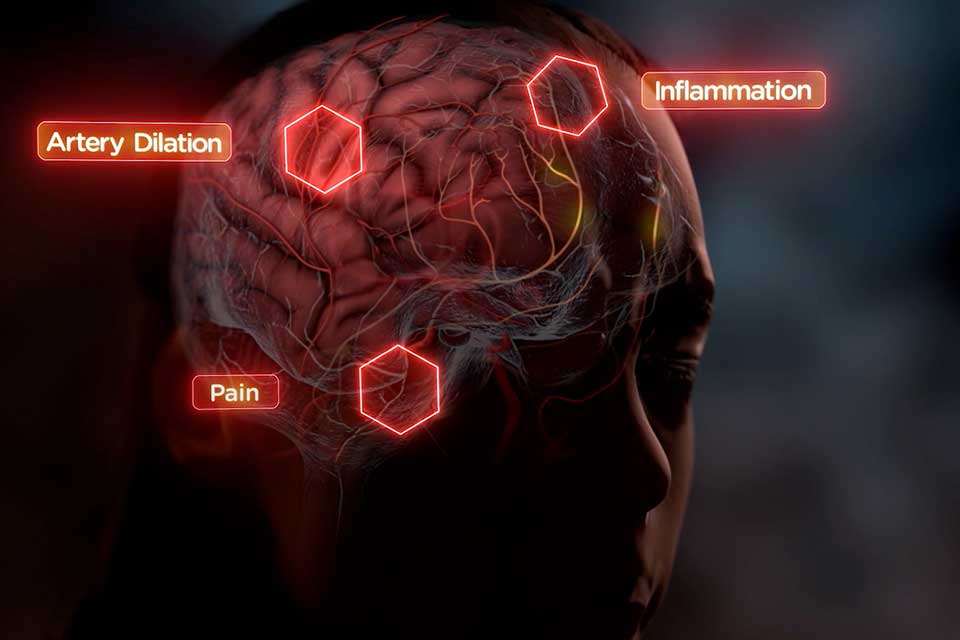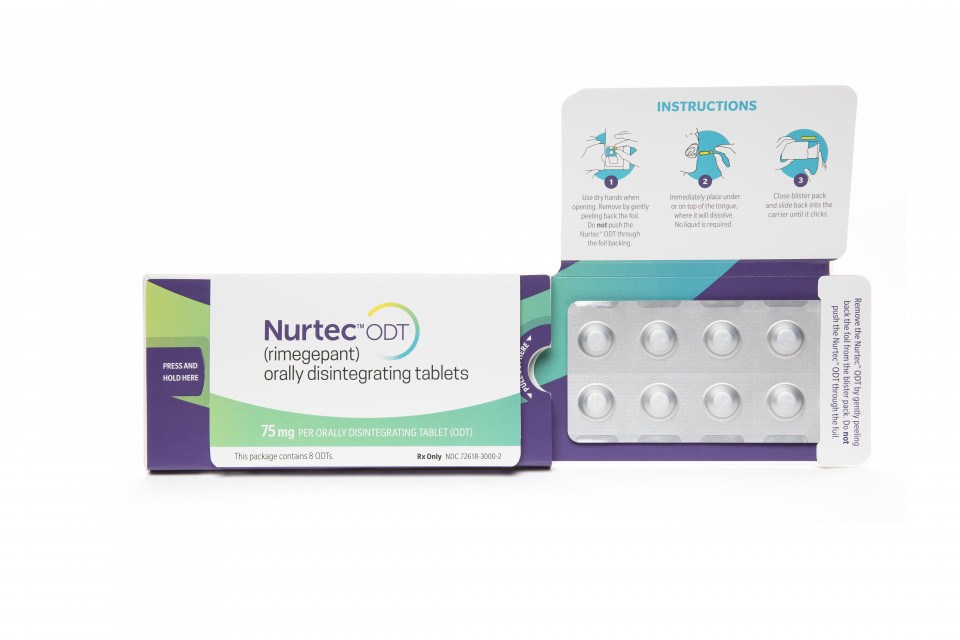Philadelphia-Area Headache Specialist Shares Tips for Managing Migraine During Uncertain Times

Courtesy of Biohaven Pharmaceuticals
Fall is here. For most people, this not only means a change in season, but a return to in-person learning and working during an unpredictable pandemic. Adjusting to new norms and seasonal changes during a time of uncertainty can be especially distressing for people living with migraine. Shifting weather patterns and increased stress levels are both common triggers of migraine attacks.
Dr. Loretta Mueller, Headache Specialist at Cooper University Healthcare in Cherry Hill, has been working within the headache and migraine community for 25 years.

During that time, she has helped many to identify triggers responsible for producing migraine. Here’s advice she often gives patients to help them cope:
Control what you can
While the weather can’t be controlled, people with migraine can attempt to manage other activities that can trigger migraine, such as sleep schedules and diet. As the cooler months approach, the days get shorter and daylight savings time changes, which often affects our sleep patterns. Aim to stay as consistent as possible, getting at least seven hours of sleep each night.
Also, take note of foods that may trigger migraine. Common items that might set off an attack include MSG, cured meats, alcohol, chocolate, aged cheeses and artificial sweeteners. Regular caffeine can increase headache frequency. Furthermore, food triggers may be not always be the same or they may even be inconsistent or additive. Also recommended is to avoid strict elimination diets. Eating regularly, staying hydrated and getting regular exercise may lessen migraine vulnerability. Various holiday scents, colognes and soaps are big headache triggers. Informing “nose blind” friends and co-workers of this sensitivity may help.
Take steps to reduce your stress
Heading back to school or work not only means having to adjust to new schedules but taking precautionary measures – like masking and social distancing – all of which may increase anxiety and stress levels for many people. When adjusting to these new routines, it can be beneficial to practice acts of self-care such as breathing exercises, journaling and exercise. Try to give yourself a little time daily without sensory inputs such as noises, smells or computer screens. These small considerations, sometimes neglected, can have a huge impact on controlling stress and in turn may help manage migraine.
Find the right treatment for you
Dr. Mueller adds that migraine is a complex neurological disease — a treatment plan which works well for one patient might not work for another.
“I recommend a treatment plan tailored to each individual’s needs,” Dr. Mueller says. “This can include prescribing Nurtec® ODT (rimegepant) to both treat and prevent migraine attacks. It’s very convenient for my patients to have one medication that can do both.”

Courtesy of Biohaven Pharmaceuticals
When migraine strikes, Nurtec ODT melts on or under the tongue, eliminating the need for water and making it a convenient option. People should not take Nurtec ODT if allergic to it or any of its ingredients. The most common side effects are nausea and stomach pain/indigestion.
With this advancement in treatment, people with migraine have another tool to help them manage migraine pain and enjoy their daily lives more.

Courtesy of Biohaven Pharmaceuticals
Nurtec® ODT 75 mg orally disintegrating tablets is a prescription medicine for the acute treatment of migraine attacks and the preventive treatment of episodic migraine in adults. Do not take if you are allergic to Nurtec ODT or any of its ingredients. The most common side effects were nausea (2.7%) and stomach pain/indigestion (2.4%). Please visit Nurtec.com for full Prescribing Information, Patient Information and Important Safety Information.
This post was produced and paid for by Biohaven Pharmaceuticals